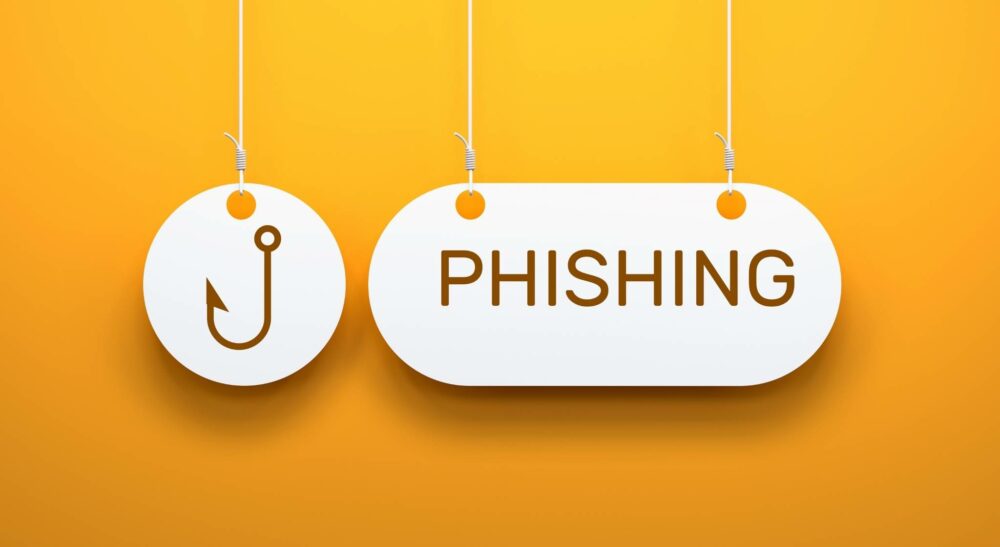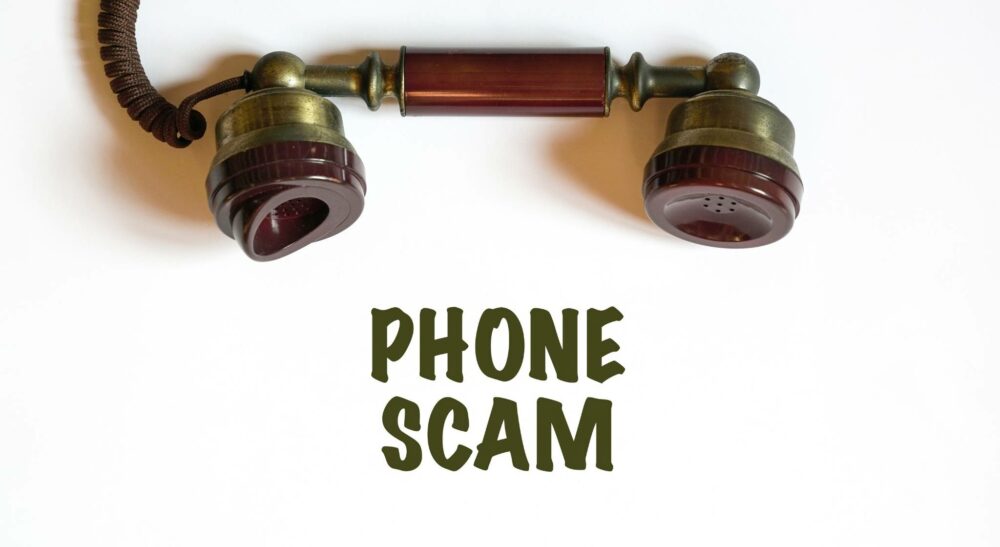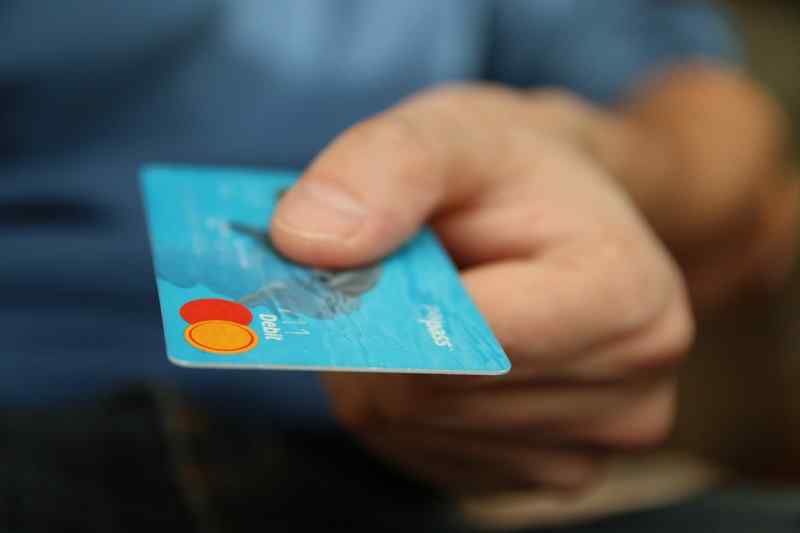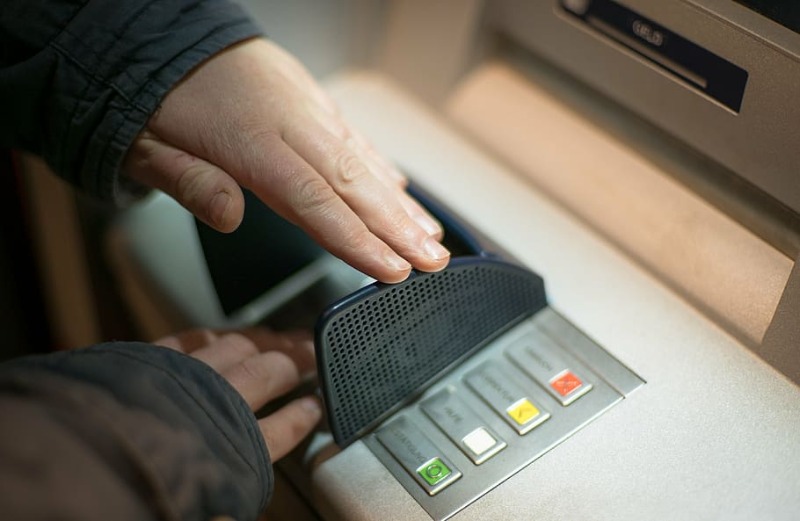How Can Scammers Steal My Name, Address, & Bank Account Information?
Even if it could sound like an urban legend that was created to scare you, the issue still has to be asked: I gave a scammer my name and address, can the scammer cause me harm if they have access to this information?
The terrible truth is that absolutely, that is the case! By making use of this information, they are really able to instigate a variety of fraudulent schemes that are destructive. Once a con artist has your personal information and/or bank data, they have the ability to utilise them for a variety of illegal activities, the most common of which is identity theft.
As a result of the fact that many individuals are unaware of how simple it is for con artists to obtain their information, it is of the utmost importance to take all of the precautions that you possibly can.
You will learn in this article the different methods by which con artists may obtain your personal and sensitive information in order to carry out a variety of scams, including identity theft, banking scams, internet scams, and even more serious ones!

Latest News & Scam Alerts




The Latest 411 on Current Day Cell Phone Scam

Smishing: A Whole New Level of Scams & Frauds
Results show that fraudsters are shifting focus from account takeovers to scams where customers are exploited as a week link
KPMG 2019 Report
If you’re someone who wants to protect your financial transactions, then you’re definitely at the right place. We can give you the best practices in identifying red flags as well as help you in recovering your stolen money from scammers!
Table of Contents
How Do Scammers Get Their Hands on My Name, Address, and Bank Account Information?
At least $16 million in losses were incurred by individuals as a result of scams that were reported to the ACCC this year and involved identity theft or the loss of personal or banking information. However, it is probable that this amount is merely the tip of the iceberg when asking the question that what can a scammer do with my address and phone number?
The most important question that springs to the thoughts of a lot of people is how the con artists were able to successfully pull this off. They accomplish this goal by employing a wide range of cutting-edge methods, some of which are listed below.

Using Social Media to Steal Individuals' Personal Information Like Names, Addresses, and Phone Numbers
The use of social media platforms has rapidly become one of the most significant new sources of personal data.
On their accounts, many users include information such as their entire name, date of birth, names of their parents and pets, and occasionally even their whole residential address. If you have your privacy settings set to public, then this information may be seen by anybody in the entire globe. In order to obtain information from individuals who have their privacy settings set to ‘friends only,’ criminals frequently pretend to befriend their victims while also befriending them in order to establish a rapport with them.
In addition, criminals can use social media to learn about you and your habits. They are able to gather information about your pastimes, interests, as well as the names of your friends and family members, in order to make phishing efforts and other frauds more personalised and, as a result, more believable.
Data Breach in Order to Obtain Account Information Through Fake Online Quizzes & Surveys
When you apply for a job online, buy online, or create an online account, you are passing over information about yourself that, if it gets into the wrong hands, might be used against you.
The firm that you sent your information to will, in the vast majority of instances, keep it safe, but sadly, this cannot always be ensured.
Data breaches occur often at a wide variety of businesses, financial institutions, and other types of organizations. Criminals have succeeded in breaching the security system of the firm and have obtained sensitive information about both the company and its consumers when they do this. This information may include everything from complete names and addresses to card data, medical records, and passwords. It might also include full names and addresses.

A breach of data can also be triggered in a variety of other ways. It is quite likely that a criminal will directly target the firm or organization in question in order to hack into their systems; nevertheless, it is also possible that this could occur accidentally. For instance, a worker may forget their laptop, which may contain confidential information, in a public place.
Alternatively, an employee may inadvertently send an email to the incorrect person that contains private files and papers. Another possibility is that a disgruntled worker would deliberately disclose confidential business information. In any case, a breach of data security may be exceedingly expensive for both the firm and, much more so, for the consumers of that organization.
Attempts of Phishing
Phishing is yet another significant technique that con artists utilise to gain personal information.
Typically, this will come to you in the form of emails and text messages that you assume have originated from a trustworthy source (i.e. your bank or gov.uk). The message will seek to persuade you to pass over your personal information and bank data, or it may unleash viruses and malware that will attempt to steal information directly from your device. Either way, it will try to get you to hand over your information.

Do you suspect that someone had scammed you?
If you have any suspicion of a scam or phishing attack, then you can rely on EZChargeback to help you with protection, mitigation, and fund recovery.
You will feel safe knowing that experts with years of experience will be guiding you!

Theft from Mail and Its Interception
In order to obtain your personal information, some thieves may resort to stealing mail or intercepting it.
If you live in a common location where other people have access to your post, this might in certain instances include someone physically snatching it from you. Or, in other instances, a mail redirection might have been set up in your name without your knowledge while you were completely unaware of it. Personal information may be taken from items like utility bills, while financial details can be taken from bank statements and other documents related to banking.
ATM Scams Intended to Steal Financial Information
Skimming devices are commonly attached to automated teller machines (ATMs) as a typical tactic used by criminals to acquire bank account information.
When the card is introduced into the machine, the gadget functions by reading and extracting information from the magnetic strip that is located on the back of the card. It’s possible that this will take place without your knowledge until you discover that money has been taken out of your account that you didn’t authorise. In many cases, you won’t even be aware of it until it’s too late.

Theft of Card Physically
Theft of your bank or credit card by a criminal is one way for them to get their hands on your financial information. They will then have everything at their disposal to steal money from you using this method.
If you have been scammed then contact us to help you get your money back!
What Can Scammers Do with Your Address & Other Details?
• Utilize Credit Cards and Personal Loans
Once a criminal obtains sufficient information on you, they are in a position to apply for unsecured personal loans, payday loans, or credit cards in your name.
They will vanish after receiving the money, they will not give the money back, and they will leave you to cope with the repercussions. You will be held responsible for repaying the debt unless you can provide evidence that your identity was stolen and that someone else was the one who applied for the loans in your name.
Even if you are able to demonstrate that you were not responsible for the fraudulent activity, it is possible that this will have a negative impact on your credit record for a considerable amount of time, making it more difficult for you to receive credit in the future.

• Commit Criminal Acts Using Your Identity
By using forged identification documents, con artists have been caught several times in the past committing crimes in the name of other individuals. These offences might include bringing illicit goods into or out of the nation, as well as stealing money or personal information from other people. In the event that this occurs, you run the risk of becoming entangled in a police investigation, during which it may be challenging to disprove that you were not the perpetrator.
• Sell Your Details & Information!
A large number of crooks will sell your personal information to other con artists and con artists over the internet. They will be able to fetch a greater price for your information if they have access to more of it, which will in turn increase its value to other people.
What To Do if A Scammer Has Your Address? Protect Your Personal Information From Scammers!
Your safety is our number one priority. At Ez Chargeback, we have a team of industry experts that keep an eye out for any unusual behavior and report it so that individuals become aware of scam trends and other relevant information. In the event that you notice any unusual activity on your personal banking accounts, please get in touch with our experts so we can help you out!
The protection of you as an individual against attempts to commit fraud does not have to be a full-time job – at least, it does not have to be for you. At Ez Chargeback, we make it a priority to educate our coworkers, our customers, and the communities against fraud tactics!
do you need help?
A lot of those who contact us have questions and concerns about their personal and business data being compromised. We aim to arm you with the legal and technical know-how in the fight against scams. Also, we will be able to refer you to top scam recovery agencies.
Please fill up the form. Rest assured that our support team will get in touch with you





